Hot on the heels of the hairdressing van, I’ve come accross a story about another innovative van conversion that is bringing important services to local people – rather than making them travel.
The closure of the majority of rural bank branches over the last 10-15 years is old news – all the major banks have done it, claiming that they served too few customers to justify their cost.
However, it seems the tide might be turning slightly with an innovative new service from NatWest. The bank has been showing customers in Somerset, Devon and Cornwall that there is ‘another way’ – by providing a mobile banking service that visits a number of otherwise bankless villages every week to prevent local people having to travel to a nearby town – often 10 or more miles – to do their banking.
The NatWest mobile bank is based on a Ford Transit chassis cab with a specially-designed secure Luton box body that contains a secure area, accessed from the cab, for the two cashiers to work in. Customers enter through a door at the rear into a public area with two counters at which they can be served – just like a regular bank. Customers can pay in cash and cheques, check their balances and make transfers to other accounts – all the most common requirements.
The mobile bank van makes several stops each day and over the course of one week is able to provide banking services to a surprisingly wide area, serving rural businesses and personal customers.
For more details, take a look at this story in the Daily Mail.

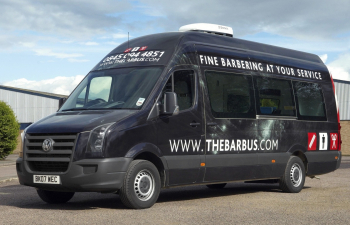
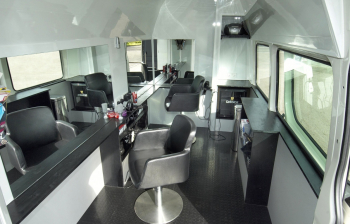
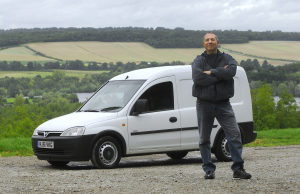

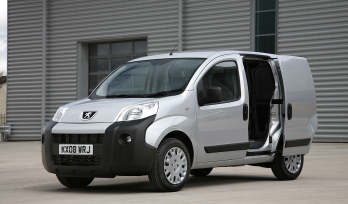
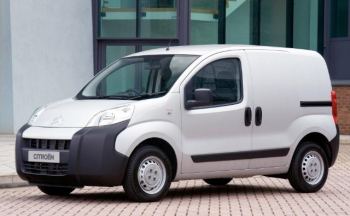
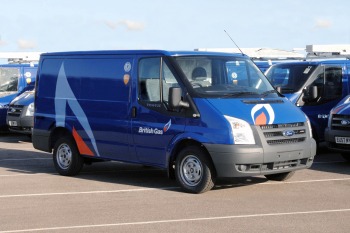 Ford Transits – 85 short wheelbase (SWB) models, and 638 medium wheelbase (MWB) models.
Ford Transits – 85 short wheelbase (SWB) models, and 638 medium wheelbase (MWB) models.